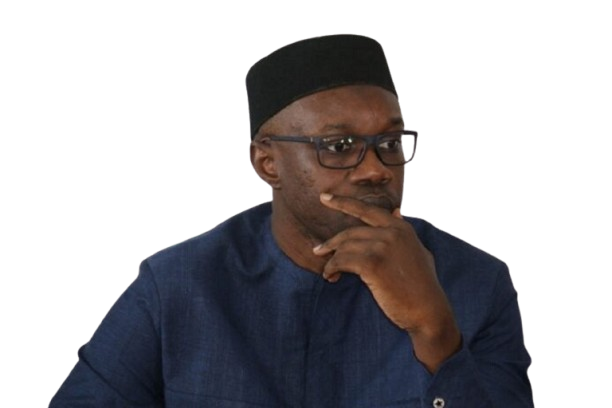Gambiaj.com – (BANJUL, The Gambia) – Senegal’s justice system is at the center of fresh controversy following incendiary remarks by Prime Minister Ousmane Sonko that have triggered strong backlash from the judiciary and reopened the fraught debate over political interference in courts.
In a televised statement on July 1, Sonko accused segments of Senegal’s judiciary of serving political interests during the lead-up to the 2024 presidential election, claiming that some magistrates were rewarded with cars, cash, and promotions in exchange for moves to block his candidacy.
His blunt assertion that “justice is one of the biggest problems in Senegal” sent shockwaves through the legal community.
According to reports by Le Quotidien and other Senegalese media outlets, Sonko’s remarks sparked outrage among judges, with many calling for a public apology before engaging in any form of dialogue with him.
The main judges’ union, the Union of Senegalese Magistrates (UMS), reportedly erupted in heated debate on their internal WhatsApp group after a proposed meeting with Sonko’s office was floated.
A “Personal Initiative” or Institutional Outreach?
Amid mounting media speculation, the Prime Minister’s office issued clarifications to Le Soleil newspaper, distancing Sonko from the attempted meeting initiative.
The office stated that the proposed meeting between the Prime Minister and the judiciary was neither an official government request nor a demand from the UMS, but rather a personal initiative by Alassane Ndiaye—a magistrate, legal adviser to the Prime Minister, and a UMS member himself.
According to the government’s account, Ndiaye proposed the meeting in an effort to ease tensions and foster dialogue between the executive and judiciary.
Sonko reportedly agreed “in principle” to the idea, describing it as a republican gesture of openness to discuss justice sector concerns. Similarly, the UMS president also tentatively agreed, pending consultation with union members.
However, the UMS base firmly rejected the proposal, arguing that the timing was inappropriate—citing the imminent end of the current UMS executive’s mandate and suggesting it was better to wait for a new leadership team after their general assembly in September. S
Several judges, wary of political traps, reportedly warned that any engagement with the Prime Minister without a prior apology could undermine the judiciary’s independence.
Deepening Executive-Judiciary Divide
The judicial union’s strong rejection highlights the deepening mistrust between Senegal’s executive and judiciary—an institutional relationship already strained by Sonko’s repeated allegations of politically motivated court rulings against him.
The episode also exposed internal rifts within the judiciary itself. Reports indicate that Alassane Ndiaye, in defending the meeting initiative, told colleagues it was necessary to “put an end to the deleterious climate” between the judiciary and the executive, arguing that direct dialogue would be more constructive than continued media confrontations.
Yet, his appeals were swiftly rebuffed by a majority of his peers, who maintained that no meeting should take place under the current conditions.
Political and Institutional Stakes
By insisting that the initiative was strictly personal and that no pressure was exerted on the judiciary, the Prime Minister’s office sought to de-escalate the controversy. “If the UMS prefers to wait for its new leadership, it is fully within its rights,” the office said.
Still, this episode underscores a larger institutional crisis in Senegal, where the judiciary’s credibility is under intense scrutiny, and political actors—including Sonko himself—are locked in a battle over narratives of justice, democracy, and governance.
As the country awaits the UMS’s next leadership election in September, questions remain over whether any rapprochement between the judiciary and the executive is still possible—and whether Sonko’s government can restore confidence in the judicial system that it openly criticizes.
For now, both sides appear to have retreated to their corners, with tensions far from resolved.










